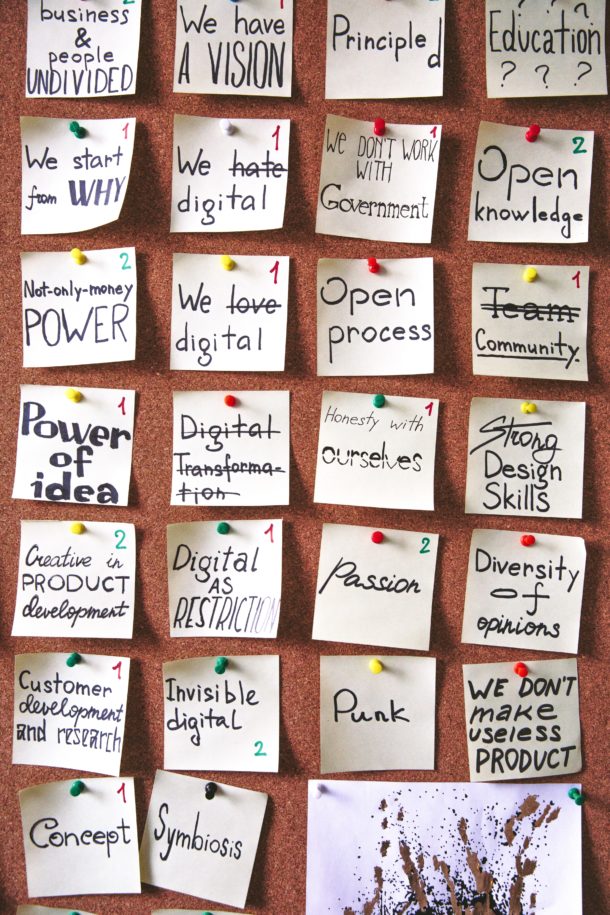By Ronda Chaney
Imagine you’re about to embark on the trip of a lifetime. Your destination is crystal clear — you can practically feel the sun on your face as you picture yourself relaxing at the end of the journey. But there’s a catch: You’ve got no map. No directions, no guide, just a vague idea of where you want to end up. Without a plan, you’re left guessing at every turn, risking delays, frustration, and failure.
Now, think about your business. Are you approaching it the same way? You might have a vivid vision of success — like the view from that dream vacation home — but how will you actually get there without a concrete business plan?

Developing a Plan
A business plan isn’t just a checkbox or a formality — it’s the backbone of long-term success and stability. As the saying goes, “Failing to plan is planning to fail.” So, how do you craft a plan that drives your business forward? And how can you do it quickly and efficiently?
At its core, a business plan is about setting clear goals and identifying the strategies and actions needed to achieve them. But it’s more than just a to-do list. It requires owners and operators to take a hard look at their business’s strengths, weaknesses, opportunities, and threats. This honest evaluation comes from digging into past data across key areas like operations (staffing, equipment, inventory, workflows, technology), training (installation, service, sales), finances (startup costs, revenue projections, cash flow), and marketing (industry trends, target audience, competitors).
Once you’ve established benchmarks in these areas, the real work begins. Use this data to set ambitious goals and create a roadmap for success — a detailed, step-by-step guide for how to reach your destination. Though the process may seem overwhelming, breaking it down into small, manageable actions makes it more achievable. And don’t forget to celebrate each win, no matter how small — it’s all progress.
Strategic Financial Plan
While your business plan steers every decision, your financials serve as the high-octane fuel propelling your progress. Therefore, effective money management is essential for ensuring smooth sailing.
Consider the lessons of the past. Business owners must take a reflective journey before forging ahead. Analyzing financial performance — revenue, operating costs, or cash flow — provides crucial insights that inform future planning and decision-making.
When crafting your financial plan, begin with the end in mind. Visualize where you want your business to be in one year, two years, or even a decade. Establish financial milestones along this journey; these long-term goals will act as your guiding stars, illuminating the path ahead.
Next, develop an action plan that paves the path to achievement. What specific steps does your team need to implement weekly, monthly, or quarterly to reach these objectives? Emphasize that everyone plays a vital role in the process and establish personalized goals for each team member, as one missed individual goal can significantly impact the team’s overall success.
Establish deadlines and communicate your commitment to meeting these targets. Without timelines, even the best strategies can lose momentum.
Once your plan is underway, set key performance indicators (KPIs) to monitor progress regarding profit margins, cash flow, customer retention rates, etc. Regularly reviewing such KPIs ensures your decisions are informed by data, keeping you agile and reactive.
As you reach each milestone, take time to assess your progress. If you find yourself veering off course, don’t hesitate to pivot; adaptability is just as vital as foresight — it’s easier to redirect your progress after one wrong turn rather than several.
Finally, embrace the journey with a willingness to learn and adjust. Getting there is half the fun!
Your journey to success comes from taking a series of small steps. At each milestone, you’ll gain valuable insights that will guide you forward. So, buckle up, strategize your route, and steer your business accordingly. With a solid plan and unwavering commitment, your destination is within reach.
 Ronda Chaney is a head coach and trainer for Business Development Resources (BDR), the premier business training and coaching provider to HVAC contractors and distributors. She started her business management career in 2000 and entered the HVAC industry in 2009. Chaney’s career has included several tactical and strategic positions spanning administrative, sales, customer service, and departmental and division-level management roles.
Ronda Chaney is a head coach and trainer for Business Development Resources (BDR), the premier business training and coaching provider to HVAC contractors and distributors. She started her business management career in 2000 and entered the HVAC industry in 2009. Chaney’s career has included several tactical and strategic positions spanning administrative, sales, customer service, and departmental and division-level management roles.




Join the conversation: